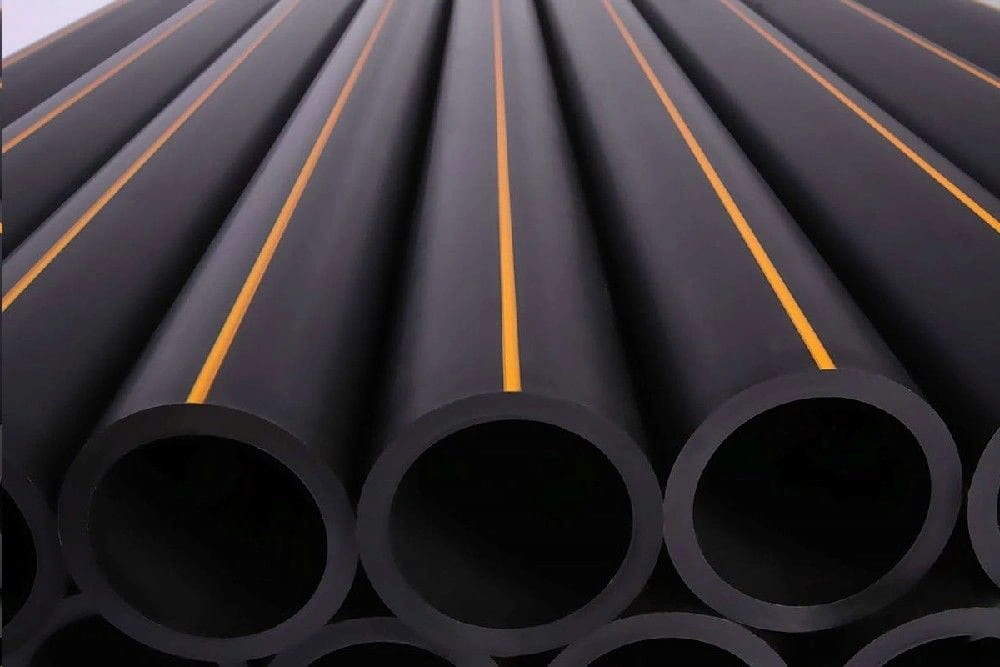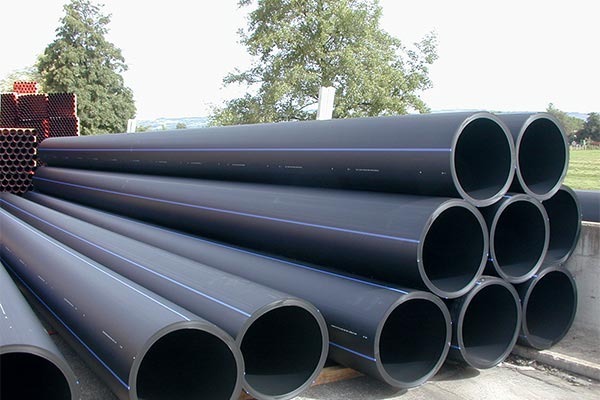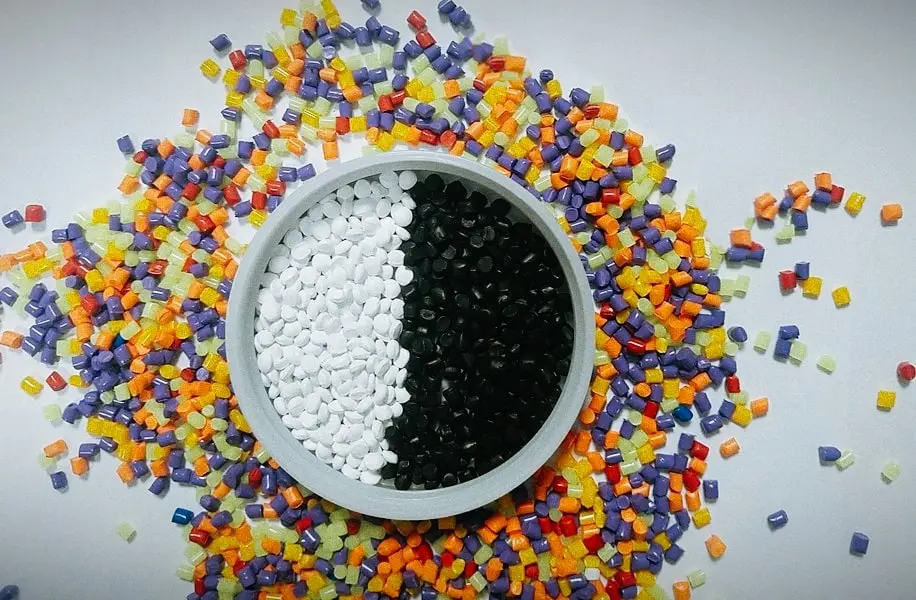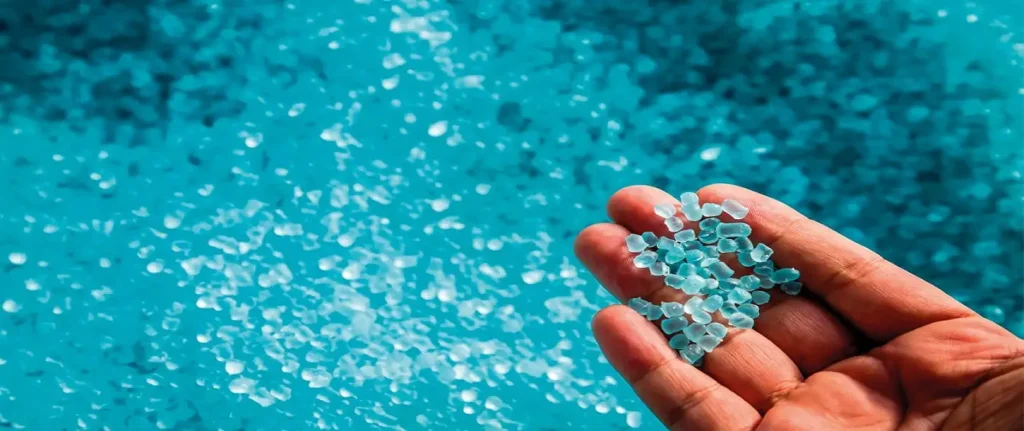What is PE100?
PE100 is a version of HDPE and stands for Poly Ethylene with an Minimum Required Strength (MRS) of 100 at 50 years and 20º according to ISO4427
HDPE PE100 pipe is easy to install, light, flexible, corrosion-free and has a service life of up to 100 years. It can be jointed using butt fusion or electrocution to create a leak-free pressure network for gas or water. For the trenchless applications butt fusion is most widely used because this results in a smooth exterior profile with no protrusions that might cause difficulties in pulling the pipe into the ground or host pipe.

PE & HDPE PE100 Pipe Properties
Temperature resistance of PE pipe
The properties of HDPE PE100 pipe are determined at standard temperatures of 20°C or 23°C. These properties can be significantly affected by temperature, so at higher temperature the properties, including MRS, decrease. At higher temperatures it may be necessary to apply reduction factors to MRS, and consequently MOP. Some Codes and Standards define the reduction factors that must be applied; AWWA C901 and C906 for example. Otherwise there are standard reduction factors that can be applied in design. ISO13761:1996 defines reduction factors to be applied to MOP at higher temperatures. These are shown below
HDPE PE100 Pipe Types
In addition to the common HDPE PE100 pipe, several other types have been developed for specific applications.

PE100 pipe
PE100 RC
RC indicates resistance to cracking. PE100 RC is a resin that has an increased stress crack resistance while maintaining the same MRS and rapid crack propagation resistance as conventional PE100. It is intended for use in more severe conditions and is especially suitable for trenchless methods. In Europe approximately 25% of PE100 usage in trenchless applications, both new installation and rehabilitation, is PE100 RC.
which one is better? PE80 or PE100
PE100 offers additional long term strength and performance over PE80 while allowing for thinner pipe walls for the same operating pressure. PE100 uses less polymer and provides for a larger bore and increased flow capacity.
Results show that PE100 is better than PE80 in crack growth resistance, according to PENT test results (Ref 3), and has higher yield strength and elastic modulus…


